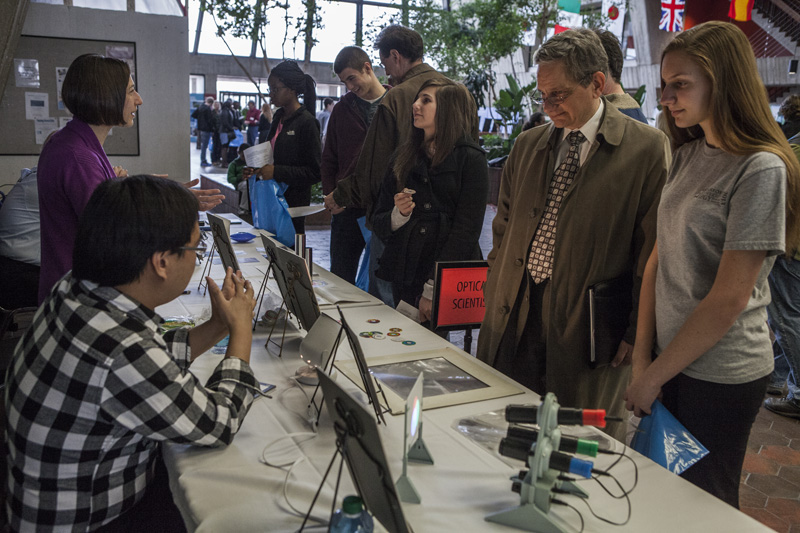Schools embrace catapults, oil spills and other methods of STEM learning
From The Doings/Chicago Tribune, Feb. 3, 2017: STEM events in LaGrange included a visit from Fermilab’s Jerry Zimmerman, better known as Mr. Freeze, and his demonstrations of cryogenics.


